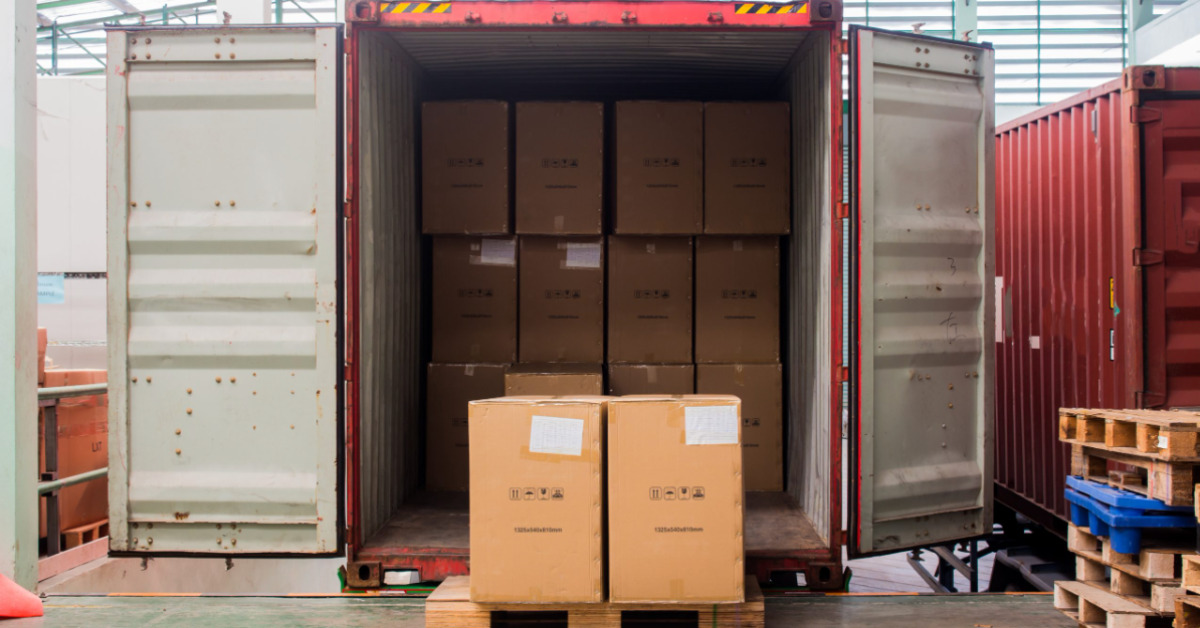
In international trade, understanding Incoterms is essential for defining who handles each stage of the shipping process. DDP (Delivered Duty Paid) is an Incoterm that shifts nearly all transportation responsibilities to the seller, making it one of the most buyer-friendly options. With DDP, the seller not only arranges the shipment to the buyer’s designated location but also manages customs clearance, import duties, and taxes. This arrangement minimizes the buyer’s involvement, allowing them to receive goods without managing the complexities of international shipping. This article explores DDP, detailing its responsibilities, benefits, and how it compares with other Incoterms.
What is DDP?
Delivered Duty Paid (DDP) is an Incoterm where the seller takes full responsibility for getting goods to the buyer’s location, covering all logistics, customs, and fees along the way. In this arrangement, the seller manages everything from shipping and export clearance to customs duties and taxes in the buyer’s country, providing a complete door-to-door service. For the buyer, DDP is a straightforward solution, as they only need to be ready to receive the goods upon delivery.
Responsibilities Under DDP
Under DDP, the seller’s obligations are extensive, as they oversee the shipment from start to finish. Here’s how responsibilities are divided:
- Seller’s Role: The seller arranges and pays for all transport and logistics, handles export and import documentation, clears customs at the buyer’s port, and pays any applicable duties, taxes, and fees. The seller ensures that goods are delivered directly to the buyer’s location, making the process convenient and stress-free for the buyer.
- Buyer’s Role: The buyer is only responsible for receiving and unloading the goods at the designated location, without the need to manage customs or pay additional import fees.
When to Use DDP
DDP is particularly advantageous when the buyer wants a simple delivery process without having to worry about customs or import complexities. It’s ideal for scenarios where:
- Buyers lack experience with international shipping and prefer not to handle customs.
- Sellers are equipped to manage customs procedures in the buyer’s country.
- Fixed and predictable costs are preferred, as DDP includes all fees in the overall shipping price.
Benefits of Using DDP
- Simplifies the Buyer’s Role: DDP takes nearly all shipping responsibilities off the buyer’s hands, making it perfect for those who want a hands-off approach.
- Transparent Costs: With DDP, there are no surprise fees upon delivery, as the seller pays for all duties and taxes upfront.
- Ideal for New Importers: Buyers with little knowledge of international trade benefit from the seller’s management of customs and import regulations.
Potential Drawbacks of DDP
Despite its benefits, DDP has some drawbacks.
- High Responsibility for Sellers: Sellers bear full responsibility for navigating foreign customs and taxes, which can be challenging and unpredictable, especially in unfamiliar markets.
- Higher Shipping Costs: Sellers must estimate and cover all potential fees, including duties, taxes, and other import charges, making DDP a costlier Incoterm for sellers.
- Reduced Buyer Control: Buyers may prefer handling parts of the process themselves to maintain control or reduce costs. DDP can feel restrictive to these buyers since all logistics decisions are made by the seller.
DDP Compared to Other Incoterms
Unlike other Incoterms, DDP is entirely focused on buyer convenience, as it places nearly all responsibilities on the seller. In comparison, terms like FOB (Free on Board) or CIF (Cost, Insurance, and Freight) involve shared responsibilities, with buyers handling import-related processes after the goods arrive. For buyers wanting full control over customs and import duties, these terms can be preferable, while DDP is suited to those who prefer minimal involvement.
Choosing DDP for Your Shipment
Deciding to use DDP often depends on each party’s resources and level of experience in handling international logistics. For sellers, DDP works well if they have the resources to manage customs requirements in the buyer’s country. For buyers, it’s ideal when convenience and predictable costs are the top priorities. However, if either party is uncomfortable with customs or the costs associated with DDP, another Incoterm may be better suited.
Conclusion
DDP (Delivered Duty Paid) offers buyers a smooth and straightforward delivery process, as the seller takes on nearly all aspects of the shipment. By choosing DDP, buyers enjoy a hassle-free experience with no surprise costs, making it a practical choice for those seeking simplicity in international shipping. Sellers, meanwhile, should carefully consider their ability to handle foreign customs and duties before committing to DDP, as this Incoterm places a high level of responsibility on them.



